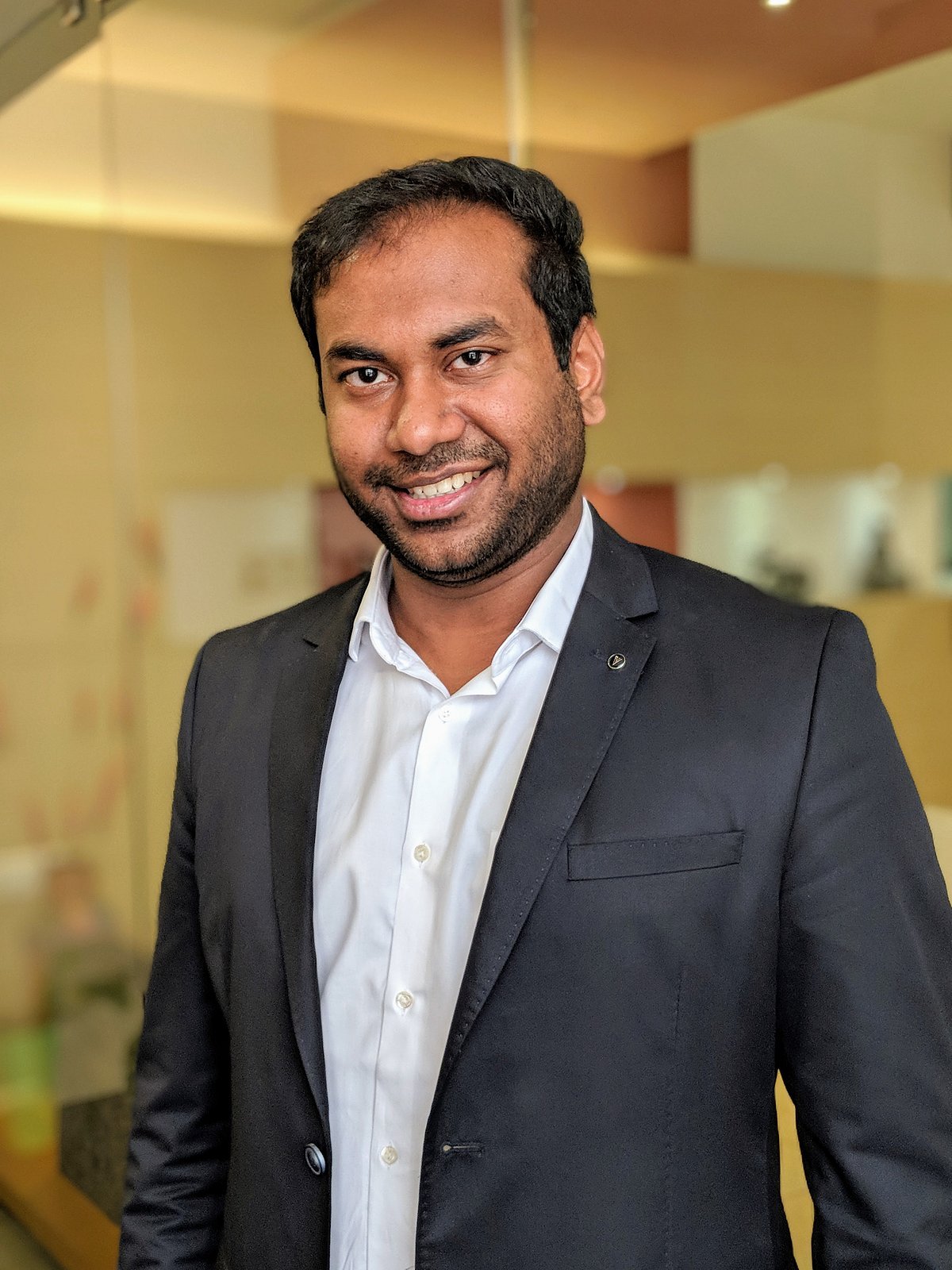The rapid integration of Artificial Intelligence (AI) into global education systems has been met with both enthusiasm and caution. Recent reports from international organizations like UNESCO and UNICEF underscore the significant opportunities AI presents, but also warn of the ethical and pedagogical challenges that must be urgently addressed. In India, it is surprising to see how stories of robotic teachers are garnering more attention in classrooms.
Dangers of uncritical AI adoption
Two critical areas require immediate attention: algorithmic bias/data privacy and digital equity/pedagogical impact. The issue of biased algorithms and data exploitation looms large in AI-powered education.
Many commercial AI systems are trained on datasets reflecting historical prejudices, potentially leading to discriminatory outcomes in student assessments. These proprietary systems operate as “black boxes,” with decision-making processes hidden from educators and students. This lack of transparency makes it impossible to identify or correct embedded biases.
Simultaneously, the extensive collection of student data raises serious privacy concerns. Commercial platforms often treat educational data as a commodity, creating surveillance systems where children’s learning patterns and personal information become products for profit.
In 2022, a Human Rights Watchinvestigationfound that several EdTech platforms used in India were sharing sensitive data with third-party advertisers, exposing children to profiling and long-term surveillance. Face recognition systems used for attendance or behaviour tracking in schools further heighten privacy risks, often misidentifying students based on skin tone or attire, and normalizing surveillance from a young age.
Equally concerning are the threats to educational equity and teaching quality. AI implementation often assumes universal access to technology, exacerbating existing digital divides. Students from disadvantaged backgrounds face further marginalization when systems require consistent internet access and personal devices.
The pedagogical consequences
Over-reliance on AI risks reducing teachers to mere facilitators of pre-programmed content. The focus shifts from holistic development to measurable outcomes, side-lining crucial skills like critical thinking and creativity. Standardized AI platforms frequently ignore cultural contexts, potentially homogenizing education at the expense of local relevance and values.
AI-powered learning platforms often prioritize content based on past user behaviour, engagement levels, or patterns derived from global datasets. This can cause severe deviations from curricular objectives, especially in regional contexts in India. A child engaging with such a platform might be pushed toward test-prep-centric content that undervalues conceptual understanding, cultural knowledge, or creativity—all core components of curriculum frameworks like NCERT / SCERT’s pedagogical visions.
These challenges don’t suggest abandoning AI in education, but rather implementing it thoughtfully. Solutions must prioritize transparency in algorithms, strict data protection, equitable access, and teacher empowerment. Only through such balanced approaches can we harness AI’s potential while safeguarding educational integrity. The real question is: Are we truly prepared for this?
KITE’s public-centric approach in Kerala
In response to these critical global concerns, Kerala, through KITE (Kerala Infrastructure and Technology for Education), the technology arm of General Education department, Government of Kerala, is charting an ethical alternative. It recognizes that AI must serve the public good, and that the teacher remains central to the educational process.
A key initiative has been the training of 80,000 teachers from Classes 8 to 12 in the ethical and critical use of AI—focusing on bias detection, privacy concerns, and responsible classroom integration. AI has been systematically embedded into the curriculum, emphasizing foundational understanding and application over mere tool usage. This is reinforced by Kerala’s adoption of Free and Open-Source Software across 15,000+ schools, ensuring transparency, autonomy, and alignment with public education goals. Additionally, the Little KITEs IT Clubs promote hands-on learning in AI and robotics, nurturing digital citizenship among students—an initiative acknowledged by UNICEF as a global best practice.
Samagra Plus AI, Kerala’s own AI engine and Learning Management System, unlike generic, commercial AI platforms, is designed to be curriculum-aligned and tailored to the educational context. The platform utilizes datasets curated by expert teachers, ensuring that AI responses are accurate and relevant to Kerala’s pedagogy and textbooks.
By leveraging open-source technologies and Retrieval-Augmented Generation (RAG), a bias-resistant AI engine that prioritizes accuracy is being developed. This in-house development ensures data sovereignty and provides a sustainable model for responsible AI integration in public education, demonstrating that high-quality, ethical AI solutions can be developed and maintained within public education systems.
(K. Anvar Sadath is CEO, Kerala Infrastructure and Technology for Education (KITE))























